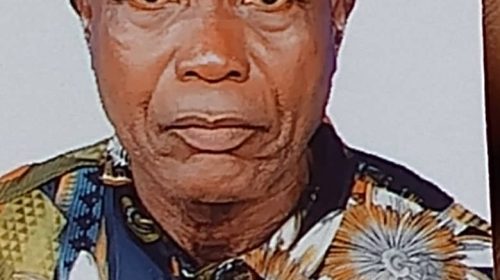BudgIT Decries Cut In Education, Health Sectors Budget

By Ngozi Onyeakusi — BudgIT decries the cut in Nigeria’s health and education sector budgetary allocation to fund the 2019 elections. Recent information from the National Assembly suggests that the 2018 budget is undergoing virement that will re-allocate the meagre resources meant to improve the condition of health and education sectors for the conduct of the 2019 elections.
The consensus is that Nigeria is underfunding the health sector – and the immediate goal of government was to raise budgetary allocation to 15 percent of total budget size. Rather, the virement hopes to take away N8.05 billion from the health sector. It is disheartening that political actors will ignore the growing numbers of people losing lives due to the poor state of Nigeria’s health sector.
The cut in the education sector allocation is also a case in point. Policies, strategies, and effective budgeting practices needed to meet the needs of students, attract qualified teachers, and develop industry-centric curriculums especially in the public education system are critical at this time. Nigeria’s population growth is a serious pressure point. With children under 15 years of age accounting for 45 per cent of the 186 million population, the burden of education could become overwhelming and quality which is abysmal could drop even lower.
According to Gabriel Okeowo, BudgIT’s Principal Lead, “the continuous apathetic attitude of government towards key sectors that impact most on human development and especially the rights of children is gradually ravaging the future of the nation. Almost everyone in government and out of government agrees that Nigeria’s education sector is poorly funded. It is thus shocking that despite the meagre allocation seen in the 2018 budget, attempts are now been made to even slash budgetary allocation to the education sector even further by N10.2 billion to fund the 2019 elections.”
Government across all levels, executive and legislature in particular have consistently demonstrated a lack of commitment to improve the life of the average Nigerian. Priority has always been given to key areas of the budget that affect the legislature. Nigeria’s legislative arm is one of the highest funded in the world and their budget is given a statutory priority which implies that key budgetary allocations that are pro-poor takes a backseat. This for us at BudgIT is unacceptable and in fact a demonstration of insensitivity on the part of the legislature especially at such a time when the country is reported to be the poverty capital of the world. Sectoral allocation to education, health and social interventions should not be sacrificed for the elections.
We observed that areas within the 2018 budget need trimming like the over bloated budget of the National Assembly was not touched, opine that even if the Executive made the proposal to cut critical funding to vire election expenses, the National Assembly should search within and apply cuts to their budget, fulfilling their powers within the appropriation framework.
It is thus incumbent that the virement made to the 2018 budget on certain sectors be rejected by all. With currently terrible health and education indicators and a recent report by OXFAM puts Nigeria at last position out of 157 countries on the “Commitment to Reducing Inequality Index”. We believe actions such as this to severely cut funding in social investments are expanding the inequality gap in Nigeria and needs to be addressed.







Leave a Reply